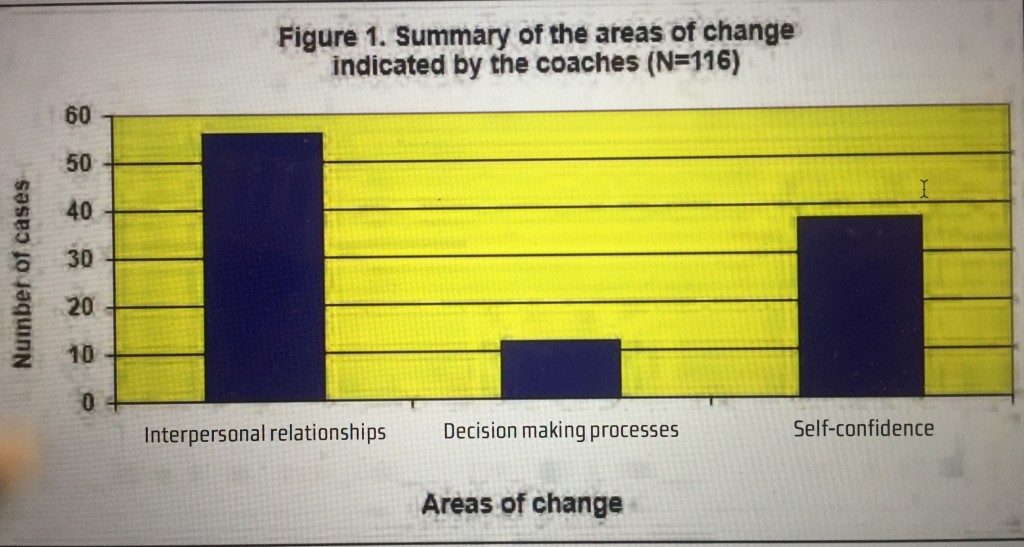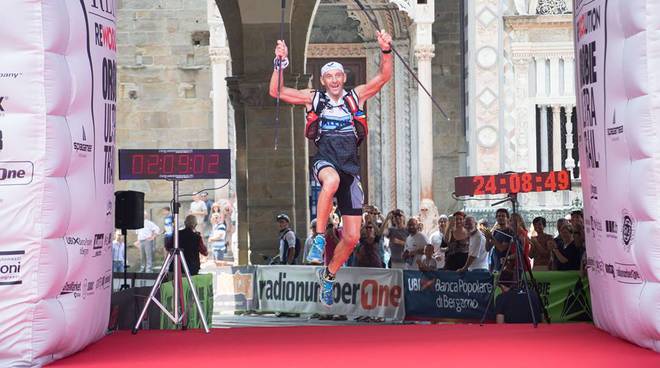The problem with Higuain is that in this last period he did not score any goals and the question who certainly he’s asking himself regards how to get out of this situation. Expressed in this way, the question seems easy: what to do to take more efficient shots. If he was a machine the problem would be easy to solve since it would be simply a question to change some parameters (speed, accuracy, timing, type of shot) to get the desired result. Being a human player there are instead many aspects to cope with: the player, teams and environmental expectations, to accept that a champion shows this problem, the footballer’s tendency to react by moving away from game or moving impulsively, to undergo the influence of teammates who instead continue to score.
It would be useful, for himself and for the team, live this moment as an opportunity for improvement and not as a kind of attacker’s syndrome. To accept the difficulties is the only way to overcome them. At this regards I agree with Arrigo Sacchi when he says that to win you have not to have the issue of winning. We can to paraphrase this thought by saying that to score a goal, you don’t really need the obsession to make goals, because otherwise you will play always on the defensive or impulsively and the footballer will never be innovative and effective as all expect from a champion.








